
Compared to chemotherapy alone, the combined nivolumab and ipilimumab treatment more than tripled the overall survival rate at 6 years in patients with PD-L1 expression <1%.

Compared to chemotherapy alone, the combined nivolumab and ipilimumab treatment more than tripled the overall survival rate at 6 years in patients with PD-L1 expression <1%.
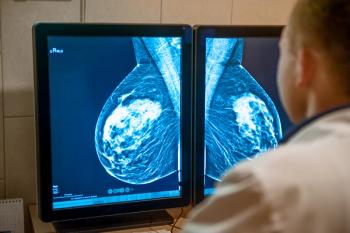
Researchers found an increased risk of breast cancer in women who had higher particulate matter levels near their home.

The study met its primary endpoint of progression-free survival, and overall survival is continuing to be evaluated.
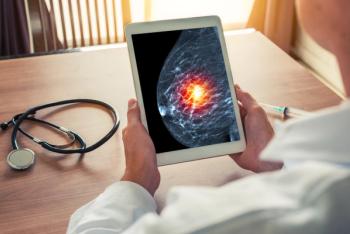
The CDK12/13 inhibitor will be tested for efficacy and safety in patients with advanced solid tumors, such as breast, ovarian, and Ewing Sarcoma.

Precision medicine in pharmacy has the potential to revolutionize patient care by optimizing drug selection, dosing, and monitoring.
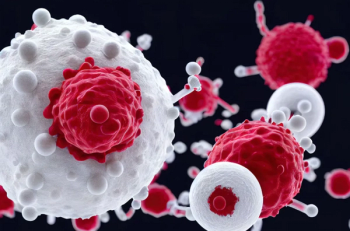
A low dose of the combination treatment inhibited AML cell cycle and increased apoptosis.
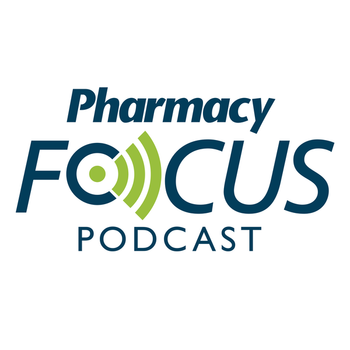
Harsha Rajasimha, PhD, MS, founder and CEO of Jeeva Informatics Solutions, discusses the importance of representation of women and minority groups in clinical trials.
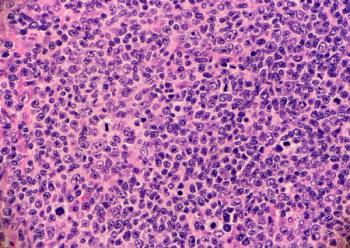
Correctly diagnosing specific follicular lymphomas and marginal zone lymphomas requires knowledge of the clinical context, including the site of involvement, age, and clinical presentation.

Investigators must find a different combination or treatment regimen using a dual blockade of the PARP and PI3K/AKT/mTOR pathway.

Patients who received amivantamab plus chemotherapy or amivantamab without chemotherapy presented better outcomes compared to chemotherapy alone.
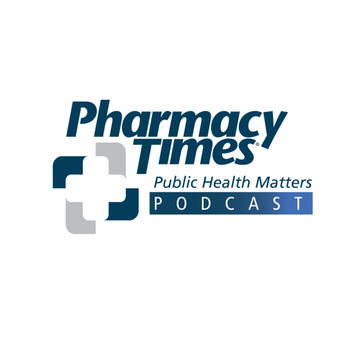
Christina Madison, PharmD, FCCP, AAHIVP, speaks with Ryan Haumschild, PharmD, MS, MBA, to discuss current issues in oncology, including drug shortages and patient access.
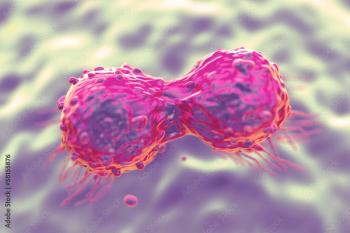
African ancestry was associated with higher odds of estrogen receptor-negative and triple-negative breast cancer; however, social environments were strongly associated with the survival of Black individuals with breast cancer.

In addition to overall survival, main efficacy outcomes, such as progression-free survival, objective response rate, and time to response, were compared to chemotherapy alone.

If approved, alectinib would be the only anaplastic lymphoma kinase inhibitor to show reductions in risk of recurrence or death for those with early-stage lung cancer.

Additional research is needed to further evaluate whether adequate emotional support is linked to improvements in health-related quality of life in adults diagnosed with other cancer.
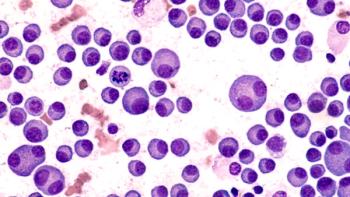
Mezigdomide boosted T cell activity and worked in patients with multiple myeloma who were resistant to prior therapeutic agents.

Spatially resolved technology based on next-generation sequencing has the potential to benefit clinical practice and improve the prognosis for cancer patients.
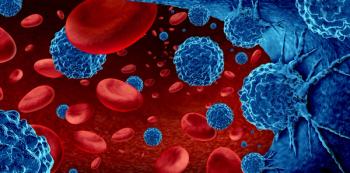
Patients with lymphoma can be immunocompromised due to their disease, anti-cancer therapy, and concomitant immunosuppressive treatments, which make them more vulnerable to developing a COVID-19 infection.

Despite the limited data, prior research indicates there are no serious cannabis-related adverse effects in pediatric patients.

Technology and regulations can revolutionize drug manufacturing and ensure a stable supply of medications.
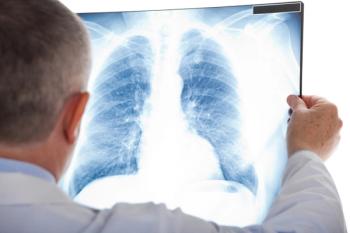
The supplemental biologics license application for amivantamab-vmjw (Rybrevant) is supported by data from the phase 3 PAPILLON trial, evaluating the efficacy and safety of the drug in combination with chemotherapy for those with non–small cell lung cancer.

The kinase inhibitor is already approved for patients who experienced recurrence following 1 or more lines of standard of care platinum-containing chemotherapy.

Luspatercept-aamt (Reblozyl) approved to treat adults with very low- to intermediate-risk myelodysplastic syndrome who may require regular red blood cell transfusions.

Investigators found that artificial intelligence chatbots did not consistently provide recommendations for cancer treatment that correspond with NCCN guidelines.
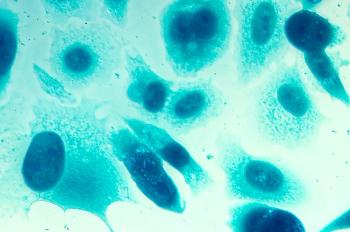
The research was aided by the Decipher Genomics Resource for Intelligent Discovery, which helped derive the gene signatures used during the analysis.

Belzutifan also demonstrated statistically significant improvements in objective response rate compared to everolimus for advanced renal cell carcinoma.

In the study, investigators incorporated data from electronic health records and social determinants of health into the model to determine the likelihood in delays when starting cancer therapy.

During the phase 1b/2 trials, CAR T-cell therapy demonstrated significant and clinical survival benefits.
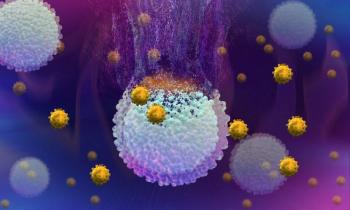
Protection of T cells from tumor-induced suppression suggests potential for enhancing efficacy of therapies, with plans to initiate a phase 1/2 clinical trial in patients with advanced breast cancer.

The drug showed statistically significant and clinically meaningful efficacy results across key subgroups.